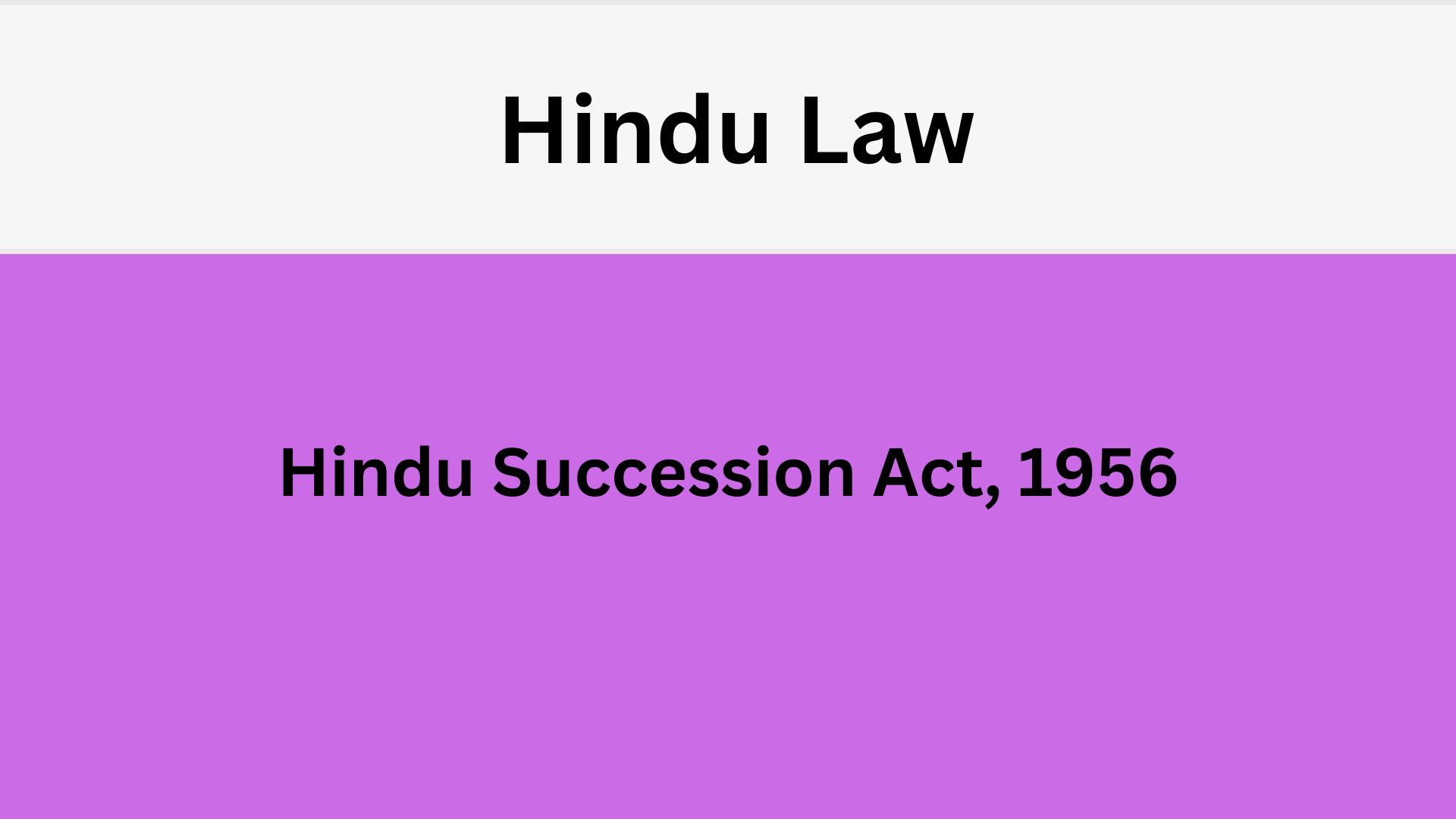The rules of succession under Hindu law in India are primarily governed by the Hindu Succession Act, 1956, which applies to Hindus, Buddhists, Jains, and Sikhs. The Act outlines the general rules of succession for both males and females, as well as rules specific to certain categories of heirs. Here is an overview of the general rules of succession under Hindu law:
Succession for Male Hindus
Class I Heirs:
The property of a male Hindu who dies intestate (without a will) shall devolve first to the heirs in Class I of the Schedule. These include:
- Sons
- Daughters
- Widow
- Mother
- Heirs of predeceased sons and daughters (such as grandchildren)
Class II Heirs:
- If there are no Class I heirs, the property devolves upon Class II heirs, which include:
- Father’s parents
- Siblings and their descendants
- Grandparents
- Uncles and aunts
Agnates and Cognates:
- If there are no heirs in Classes I and II, the property devolves upon the agnates (relations through males) and if there are no agnates, then upon the cognates (relations through females).
Escheat:
- If there are no heirs at all, the property escheats to the government.
Succession for Female Hindus
Property Inherited from Parents:
- The property inherited from her parents devolves upon the heirs of her father.
Property Inherited from Husband or Father-in-Law:
- The property inherited from her husband or father-in-law devolves upon the heirs of her husband.
Self-acquired Property:
- If a female Hindu dies intestate leaving behind self-acquired property, the succession follows the following order:
- Sons and daughters (including the children of any predeceased son or daughter) and the husband.
- Heirs of the husband.
- Parents.
- Heirs of the father.
- Heirs of the mother.
Amendments and Changes
The Hindu Succession (Amendment) Act, 2005 brought significant changes, particularly with respect to the rights of daughters:
- Daughters are given equal rights as sons to inherit the ancestral property.
- Daughters are considered coparceners (joint-heirs) in the family property from birth, similar to sons.
- The amendment abolished the gender discrimination that previously existed in inheritance laws, ensuring equality.
Key Points to Remember
- The Hindu Succession Act applies to Hindus, Buddhists, Jains, and Sikhs.
- The Act provides a structured hierarchy of heirs, with priority given to immediate family members.
- Amendments have been made to ensure gender equality in inheritance rights.
These rules provide a clear framework for the devolution of property in the absence of a will, ensuring an orderly and predictable transfer of assets according to established legal principles.

